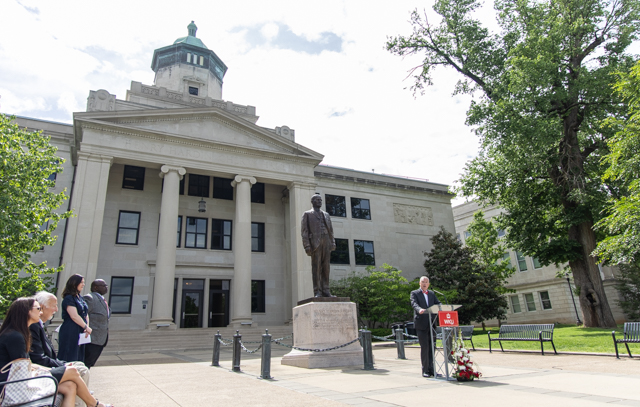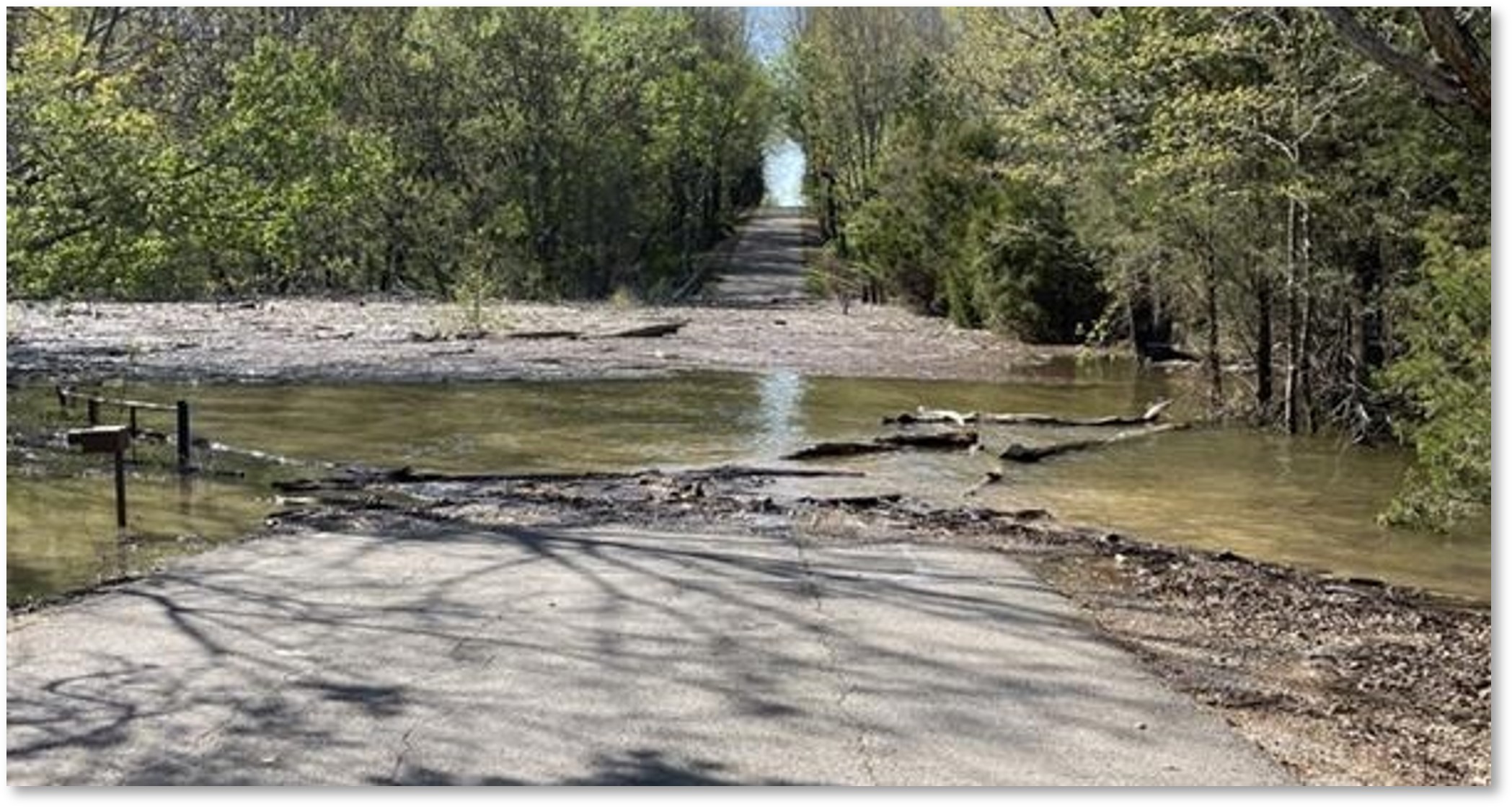More mental health resources, collaboration are vital
Published 8:00 am Saturday, December 2, 2023
The job of police officers in enforcing laws and keeping the peace is daunting enough without the added burden of being mental health professionals.
Yet that is far too often a role police have to play.
That point was driven home Wednesday during a town hall hosted by The Kentucky Judicial Commission at Sloan Convention Center. It was the final of nine sessions across the state.
Commission members have traveled Kentucky for town halls to gather input on how to improve how the state’s justice system addresses people with challenges involving mental illness, substance use and intellectual or developmental disabilities.
“We’ve learned much from the citizens of Kentucky about what our needs are and what our strengths are,” said Kentucky Supreme Court Deputy Chief Justice Debra Hembree Lambert, who chairs the mental health commission. “This has been a very powerful journey.”
One of the many important issues discussed was the scenario where police, called to a scene, often encounter individuals suffering a mental health crisis that is not necessarily a crime.
Melanie Watts, director of community engagement for LifeSkills and a former Bowling Green Police Department officer, said that city police have crisis intervention training that helps officers de-escalate such a situation.
“Police do not need to be involved with the mentally ill at all times,” Watts said. “The police have been put in a situation they did not ask to be put in … .”
The solutions to that problem, and the many others discussed Wednesday, are not simple, but it’s clear more resources and more collaboration between those in our judicial system and mental health providers are good first steps.
We applaud The Kentucky Judicial Commission for putting a spotlight on these issues, and encourage our legislators to support and fund appropriate initiatives to address these often neglected issues.






